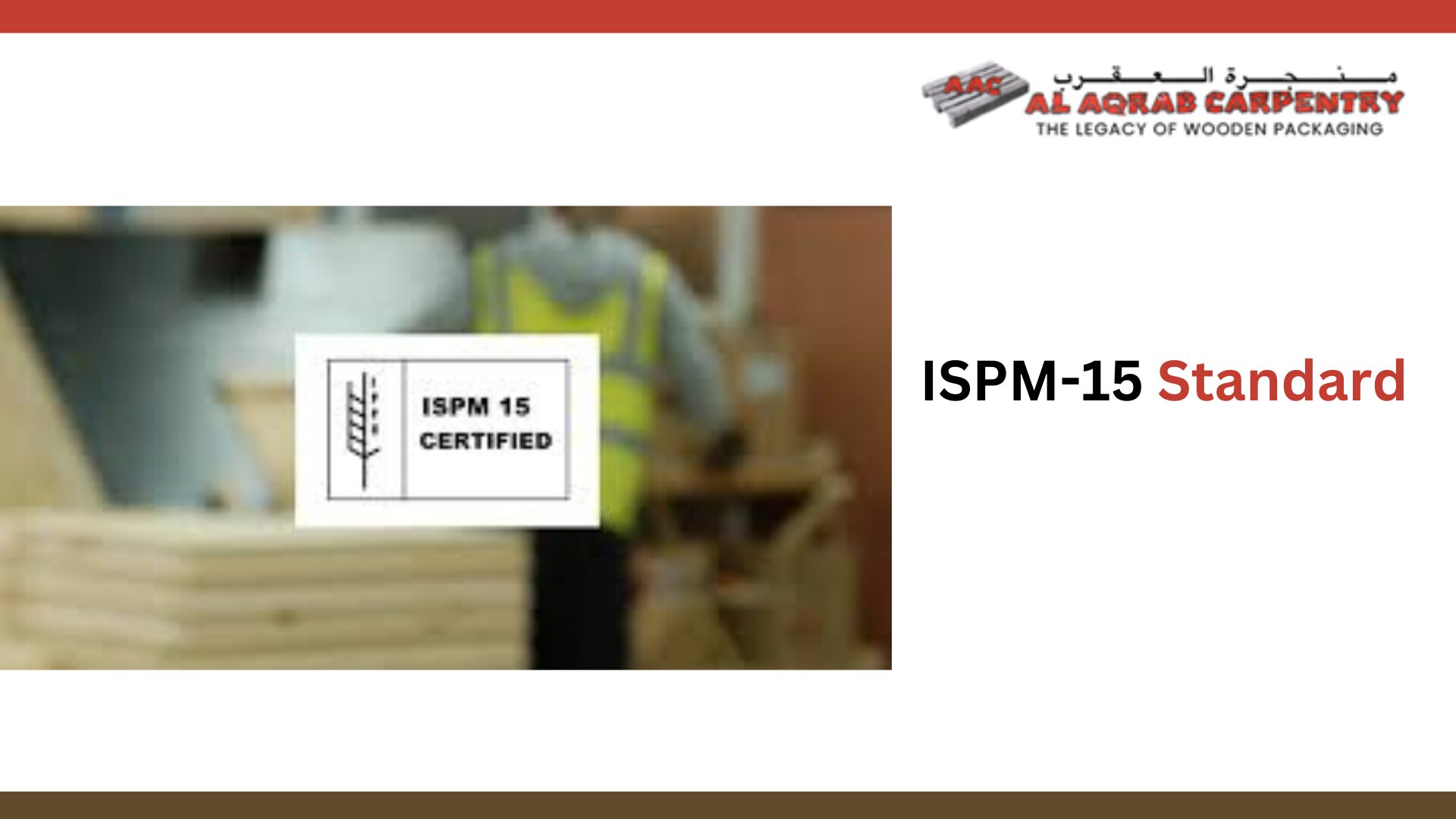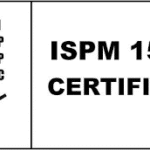What is ISPM-15 and Why is It Crucial for International Shipping?
Introduction to ISPM-15 Standard
International trade and shipping involve the movement of goods across borders, making it essential to adhere to regulations that ensure the safe and contamination-free transport of products. The ISPM-15 standard (International Standards for Phytosanitary Measures No. 15) is one such critical regulation, designed to prevent the spread of pests and diseases through wood packaging materials (WPM). It is recognized globally and is a requirement for the export and import of goods that involve wood-based packaging materials.Understanding the ISPM-15 Standard
The ISPM-15 standard was developed by the International Plant Protection Convention (IPPC) to regulate and control the use of wood packaging materials such as pallets, crates, dunnage, and wooden boxes in international shipping. The standard requires that wood packaging materials be treated to eliminate pests and pathogens that could harm ecosystems in different parts of the world. There are two primary methods of treatment under the ISPM-15 standard:- Heat Treatment (HT): The wood is heated to a minimum core temperature of 56°C for at least 30 minutes to kill pests.
- Methyl Bromide (MB) Fumigation: A chemical treatment that involves the use of methyl bromide gas to disinfect the wood.
Importance of ISPM-15 for International Shipping
- Prevention of Pest Infestation: Unregulated wood packaging materials can introduce invasive pests and diseases that threaten local agriculture and forestry industries. The ISPM-15 standard ensures that such risks are minimized.
- Compliance with International Regulations: Many countries strictly enforce ISPM-15 requirements, and non-compliance can lead to shipment delays, rejections, and financial losses.
- Facilitating Smooth Trade Operations: ISPM-15 compliance streamlines the customs clearance process, reducing inspection times and promoting efficient trade.
- Environmental Protection: Preventing the spread of pests through untreated wood helps preserve biodiversity and natural ecosystems.
- Cost Efficiency: Adhering to ISPM-15 regulations helps businesses avoid penalties, additional inspections, and costly shipment rejections.
ISPM-15 Standard in the UAE (Sharjah, Dubai, and Other Emirates)
The UAE, a major global trade hub, strictly enforces the ISPM-15 standard in UAE, including in key trade cities such as Sharjah and Dubai. The UAE follows international phytosanitary measures to ensure compliance with ISPM-15, preventing the entry of harmful pests and supporting global biosecurity efforts.Implementation of ISPM-15 in Dubai and Sharjah
- Dubai, home to one of the busiest ports in the world (Jebel Ali Port), enforces strict customs regulations, including ISPM-15 compliance for all imported and exported wood packaging materials.
- Sharjah, known for its extensive industrial zones and free trade areas, also requires all wooden packaging materials to carry the ISPM-15 certification to ensure compliance with international standards.
- Companies operating in the UAE must source wood packaging materials from ISPM-15-certified suppliers to avoid customs issues and potential rejections of shipments.
How Businesses Can Ensure ISPM-15 Compliance in the UAE
- Sourcing Certified Wood Packaging: Businesses should procure pallets and crates from suppliers that provide ISPM-15-compliant materials.
- Stamping and Documentation: Ensure that all wood packaging materials carry the official ISPM-15 mark and necessary documentation to prove compliance.
- Regular Audits and Quality Checks: Conduct internal audits and quality checks to ensure adherence to ISPM-15 requirements.
- Stay Updated with UAE Customs Regulations: Regulations may change over time, and it’s important for businesses to stay informed about the latest updates regarding ISPM-15 standard in UAE.
Challenges in ISPM-15 Compliance
- Costs of Treatment: Heat treatment and fumigation can add costs to shipments, especially for businesses that rely heavily on wood packaging.
- Limited Availability of Certified Wood: Not all suppliers provide ISPM-15-certified wood packaging, requiring businesses to find reliable sources.
- Variations in Enforcement: Different countries have different levels of enforcement, making it essential to understand the specific requirements of each destination country.



